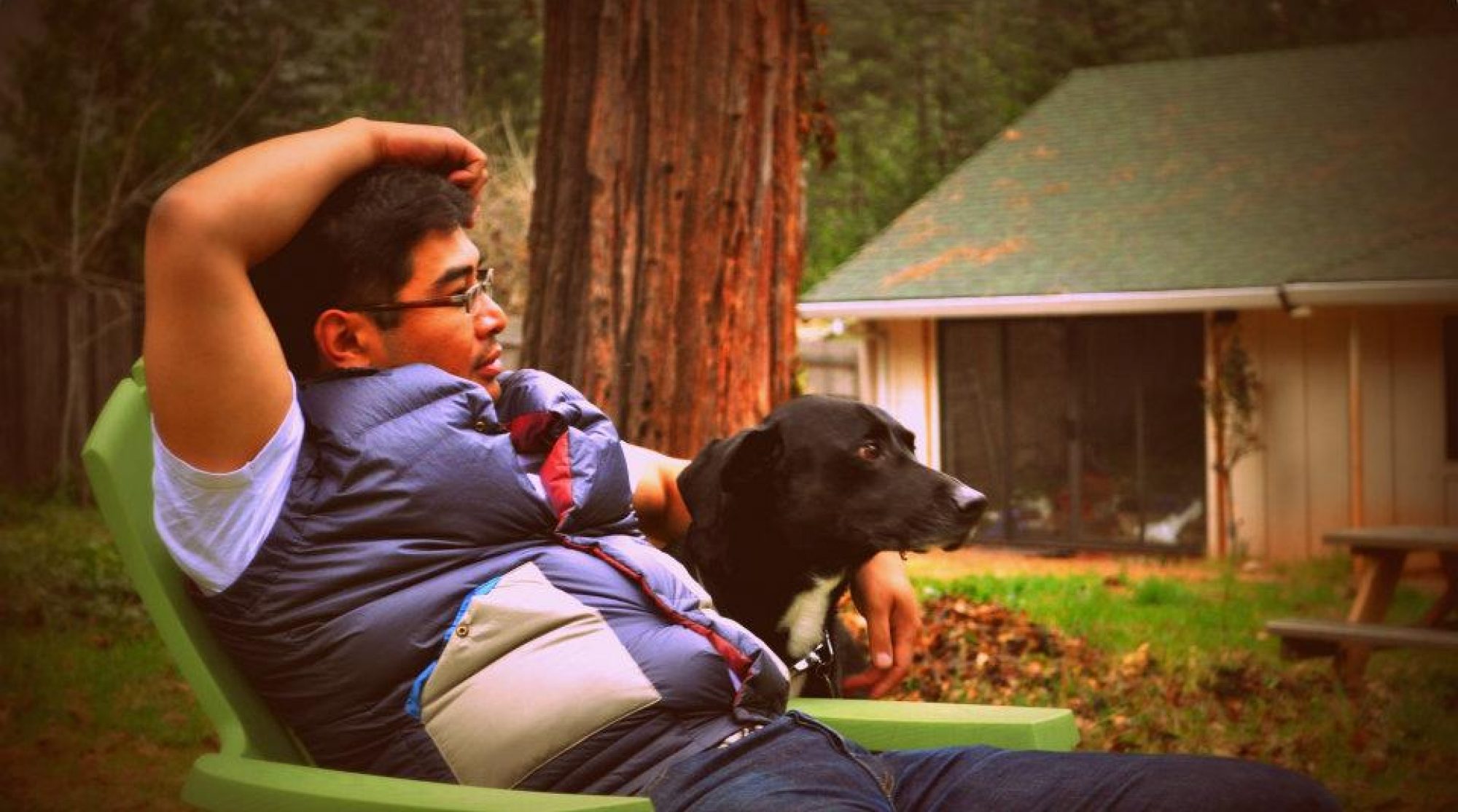
On the web, the act of liking something serves as currency and is a good enough substitute for actually knowing a person, knowing a subject, purchasing a good or service, or participating in an event, allowing a person to maneuver upwards within his or her social class.
"Like" tools or companies like Facebook, Pinterest, Google, Apple, Pandora encourage their customers to like posts, events, people, products, thoughts, all sorts of different things. The goal for them is to generate money for these "likes" through advertising and also getting the transactions or "conversion" for actual goods. For companies that advertise, the goal isn't necessarily to get the transaction, it can be more the branding play which may encourage a future transaction. An example is encouraging people to like Aston Martin even though only a small subset of people can actually buy that car. For the person who buys the Aston Martin, it's made even more valuable because people or even friends that person knows values the brand highly.
What's not obvious is that the act of liking something is enough. I only need to like the Aston Martin and not purchase it. I only need to like President Obama, I don't need to have met him or know him. I only need to like marathons, I don't need to run the actual event. Just liking something gives me similar cachet versus an actual transaction.
The measure of where you sit within a social class can be defined by traditional achievements, level and breadth of knowledge, level of wealth, health, level of influence, amount of friends. The ability to articulate preference and taste via "likes" maybe another measure that trumps some of these traditional achievements.
Do you now then "like" more things? Sure, participate. There will be a point where your level and collection of "likes" is saturated and there's no additional gain in your social status. To be clear, "liking" something however is not always a flippant or subconscious act by most people. People are aware that "likes" make a statement, they're conspicuous and they're attempts at increasing one's social status. Not only does liking something serve as a cheap substitute for acquiring and owning something, it's a cheaper way to gain more Facebook likes and status.



